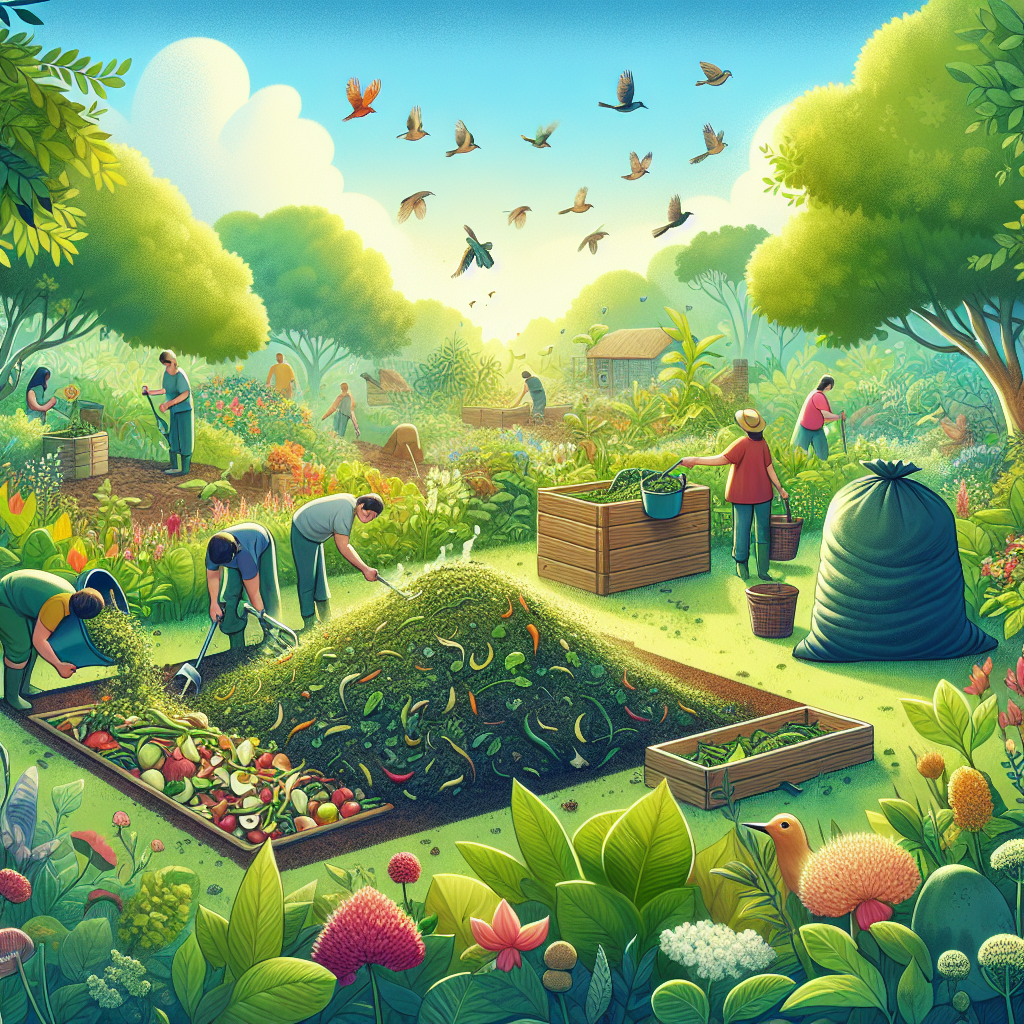If you’ve ever wondered what to do with those pesky weeds in your garden, look no further! In this article, we will explore the question, “Can you put weeds in a compost pile?” Composting is a great way to recycle organic materials and create nutrient-rich soil for your plants. But what about those invasive plants that seem to take over your garden? Is it safe to add them to your compost pile? Let’s find out!
Can You Put Weeds In A Compost Pile?
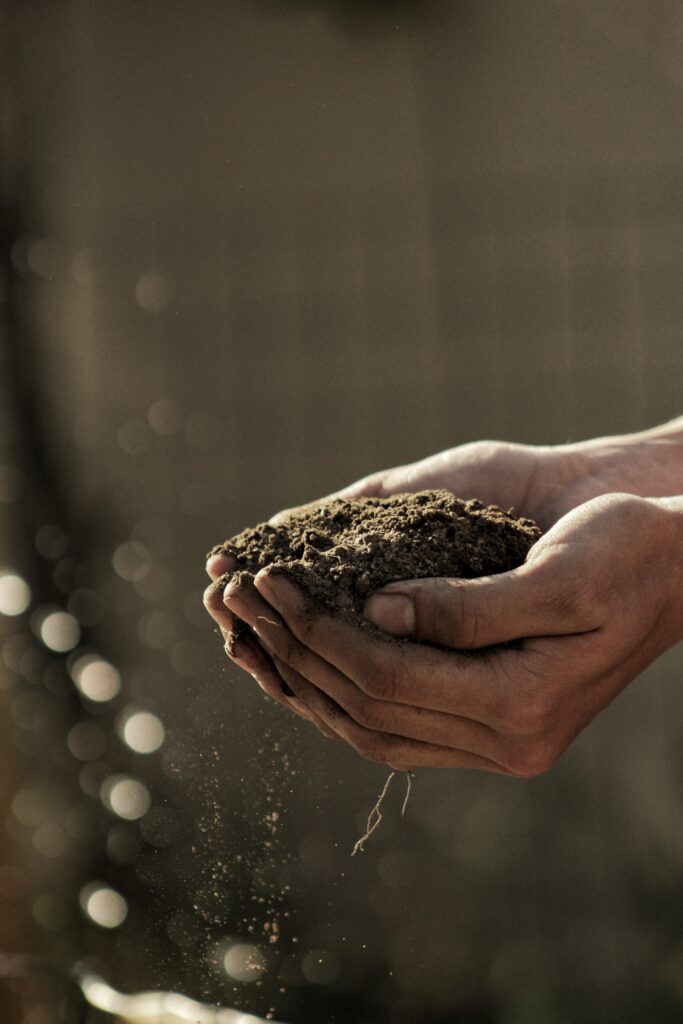
Check Out Our Recommended Composting Products on Amazon Right Here!
What is a compost pile?
A compost pile is a collection of organic materials that decompose over time, resulting in nutrient-rich compost that can be used to improve soil health and enhance plant growth. It is a sustainable and environmentally friendly way to recycle and utilize organic waste from your garden, kitchen, or yard .
What are weeds?
A Compost Pile
Weeds are unwanted plants that grow naturally in gardens, lawns, and other areas where they are not intentionally cultivated. They can compete with desirable plants for nutrients, sunlight, and space, often causing frustration for gardeners.
Check Out Our Recommended Composting Products on Amazon Right Here!
Benefits of composting weeds
Composting weeds can offer several benefits. Firstly, it allows you to recycle and repurpose these plants rather than disposing of them in a landfill or burning them, which can have negative environmental impacts. Secondly, when properly composted, weeds can contribute essential nutrients to the compost, enriching it and making it more beneficial for your plants. Finally, composting weeds can also help eliminate weed seeds, preventing them from sprouting and causing more trouble in your garden.
Considerations when composting weeds
While composting weeds can be beneficial, there are a few things you need to consider before adding them to your compost pile. One crucial aspect is ensuring that the compost pile reaches a high enough temperature to kill weed seeds and potential pathogens. Additionally, some weeds may have tough, woody stems or invasive roots that take longer to break down. These factors might affect the overall composting process and the quality of the final result.
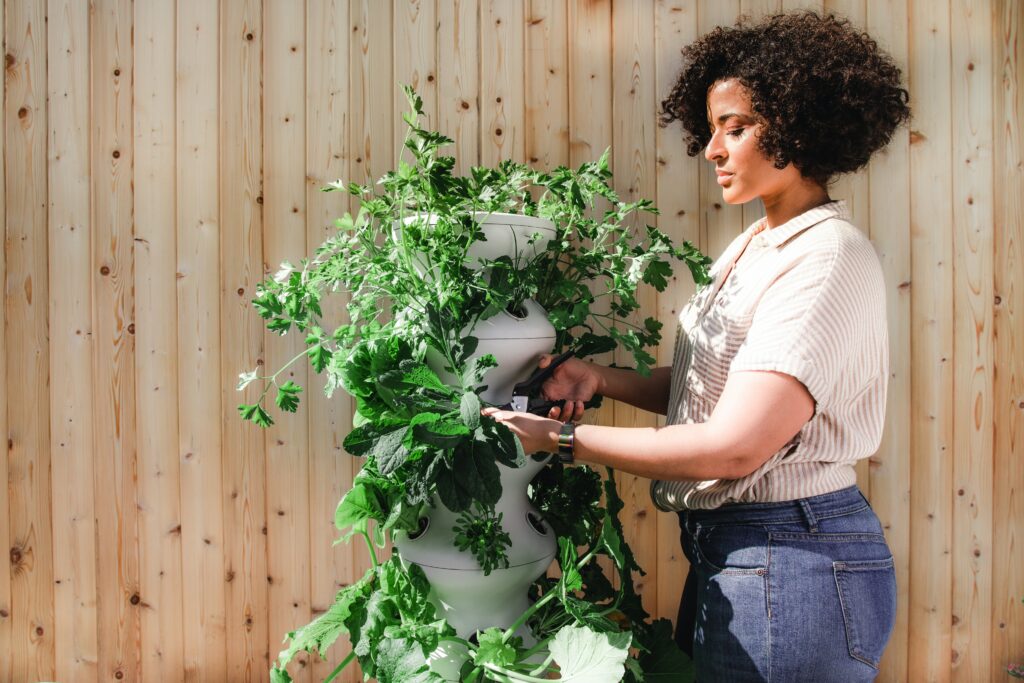
Preparing weeds for composting
To prepare weeds for composting, it is best to remove any seed heads or mature flowers to prevent them from spreading in the compost pile or the garden when you use the compost. Cut or break down the weeds into smaller pieces before adding them to the pile, as this will help accelerate the decomposition process. It is also a good idea to mix them with other organic materials such as grass clippings, leaves, or kitchen scraps to ensure a balanced carbon-to-nitrogen ratio, essential for proper composting.
Types of weeds suitable for composting
Many types of weeds are suitable for composting, and they can all contribute valuable nutrients to your compost. Common garden weeds such as dandelions, clover, chickweed, and crabgrass can all be composted effectively. Herbaceous weeds like purslane and lambsquarters can also be great additions to your compost pile. Remember to avoid adding any weeds that have gone to seed or have invasive tendencies, as this could lead to more weed problems in your garden.
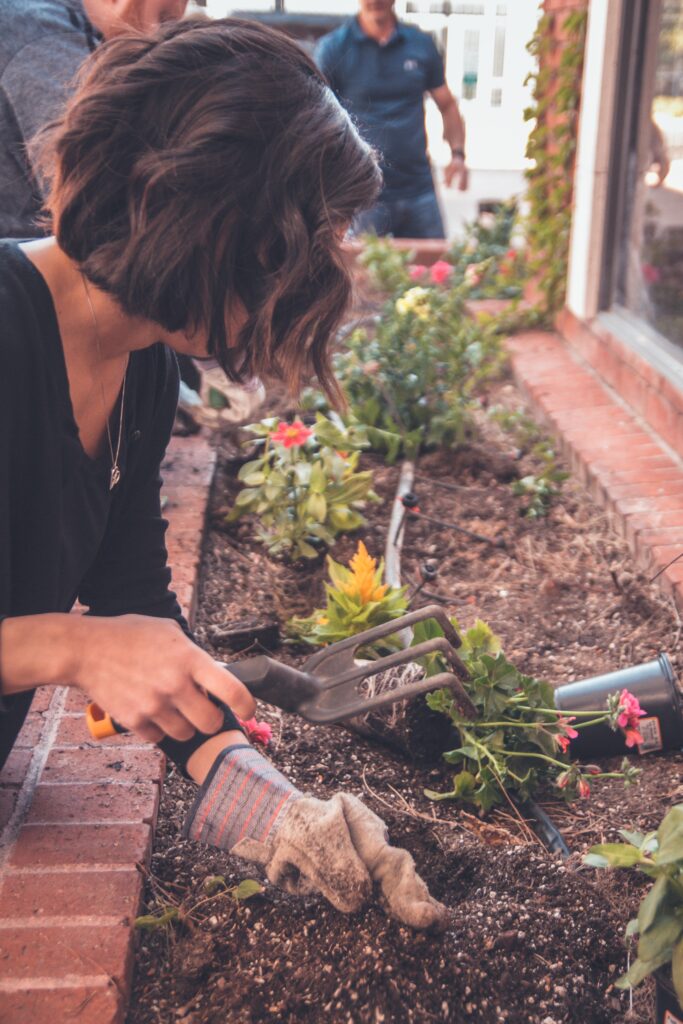
Types of weeds to avoid in composting
While most weeds can be composted safely, there are a few types that are best avoided. Perennial weeds, such as bindweed or quackgrass, have aggressive underground root systems that can survive the composting process and may cause new weed growth when the compost is used. Additionally, any weeds with seed heads or mature flowers should be discarded separately, as their seeds may not be fully destroyed during the composting process and could still germinate in your garden.
Composting process for weeds
To compost weeds successfully, it is essential to follow the general principles of composting. Start by creating a compost pile or using a compost bin in a sunny spot in your yard. Layer the weeds with other organic materials like leaves, grass clippings, or kitchen scraps to promote a balanced composting process. Turn the pile occasionally to aerate it and provide oxygen to the microorganisms responsible for decomposition. Maintain a proper balance of moisture, aiming for a damp but not overly wet environment. With regular turning and proper care, your weed-infused compost should be ready in a few months. a compost pile
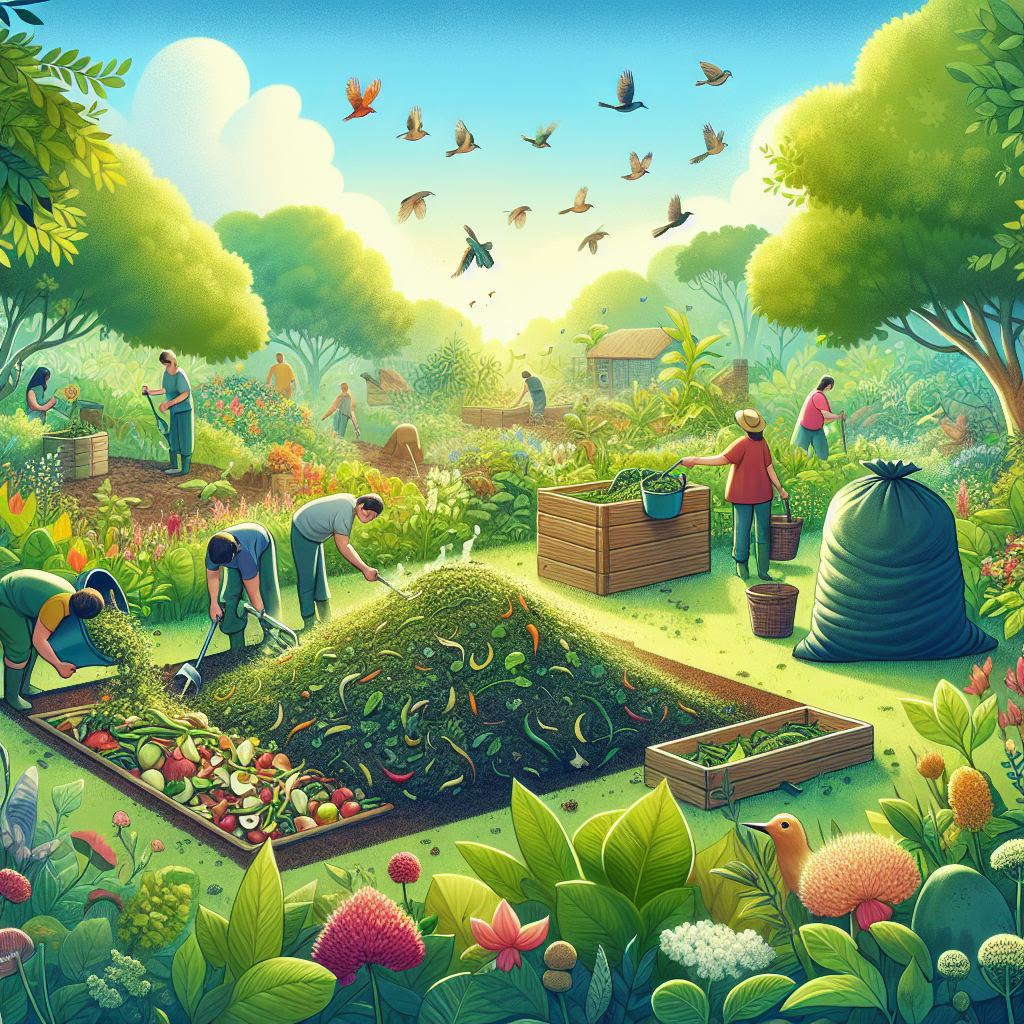
Monitoring and maintaining the compost pile
While composting weeds, it is crucial to monitor and maintain your compost pile regularly. Keep an eye on the moisture levels, making sure the pile doesn’t dry out or become too waterlogged. Turning the compost pile every few weeks will help speed up the decomposition process and ensure an even breakdown of the organic materials. Avoid adding any new weeds to the pile once it has reached the desired temperature to prevent reintroducing weed seeds into the mix. Remember to be patient and give the compost enough time to break down thoroughly before using it in your garden.
Using compost with weed residues
When using compost that includes weeds, it is important to be mindful of any potential weed residues. Although the composting process should neutralize most weed seeds, there might still be some viable seeds present. To minimize the risk of weed growth, consider using compost in areas that are already well-established with desirable plants. You can also apply a layer of mulch on top of the compost to further suppress any weed germination. Regular maintenance and pulling out any emerging weeds promptly will help keep your garden weed-free while benefiting from the nutrient-rich compost.
In conclusion, you can put weeds in a compost pile with proper care and consideration. Composting weeds not only helps you recycle organic waste but also enriches your compost with valuable nutrients. By following the composting process and being mindful of the types of weeds you use, you can successfully turn these unwanted plants into a valuable resource for your garden. So, next time you weed your garden, consider composting those weeds instead of throwing them away and reap the benefits of sustainable gardening.
Check Out Our Recommended Composting Products on Amazon Right Here!

